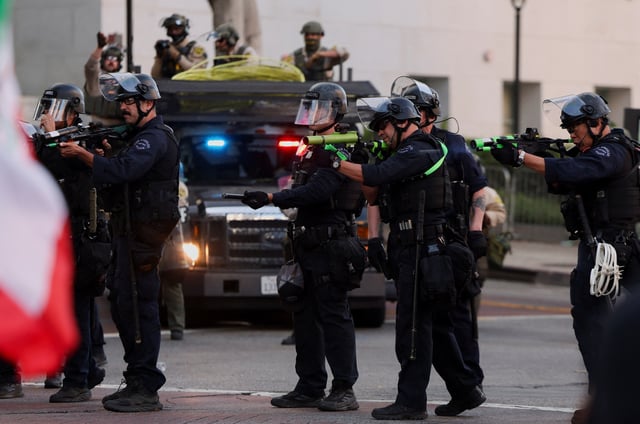Overview
- U.S. District Judge Jia Cobb ruled on August 1 that the Department of Homeland Security exceeded its statutory authority by applying expedited removal to migrants admitted under humanitarian parole.
- Her order stays a January DHS memo, a February ICE directive and the March termination of Cuban, Haitian, Nicaraguan and Venezuelan parole programs until the lawsuit concludes.
- The injunction covers any noncitizen paroled at a port of entry, potentially shielding hundreds of thousands from summary deportation operations and courthouse arrests.
- Coalition for Humane Immigrant Rights, CASA and UndocuBlack led the lawsuit arguing the policy was arbitrary and capricious and violated administrative and immigration statutes.
- The Justice Department has signaled its intent to appeal Cobb’s ruling, leaving the broader legal contest over executive deportation powers unresolved.



